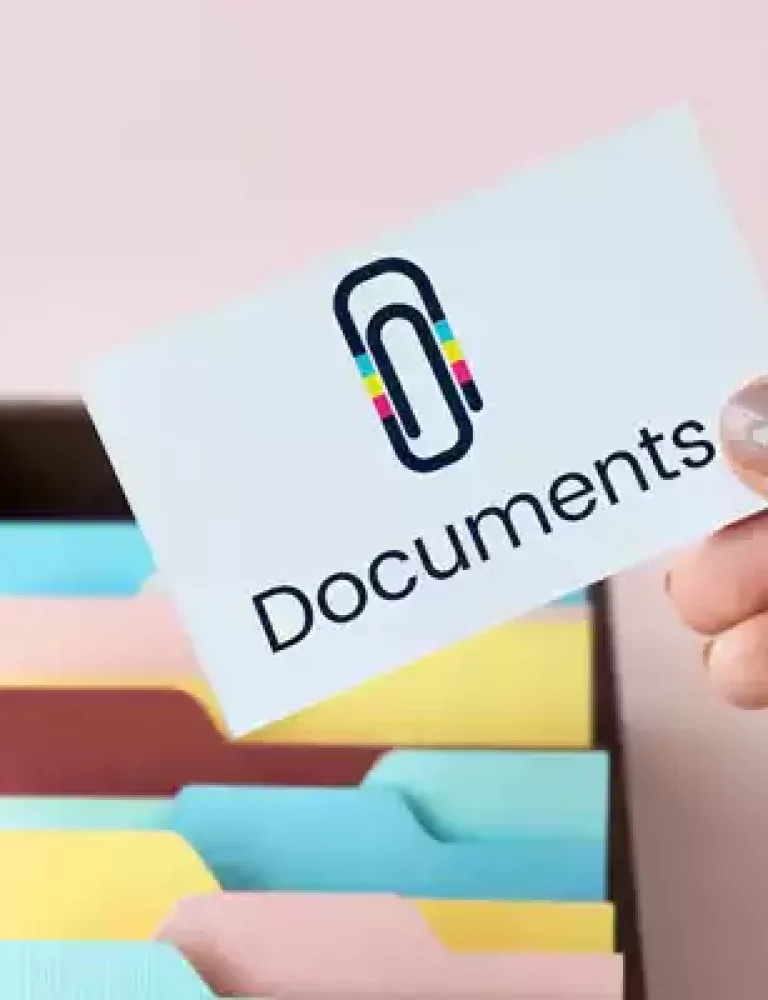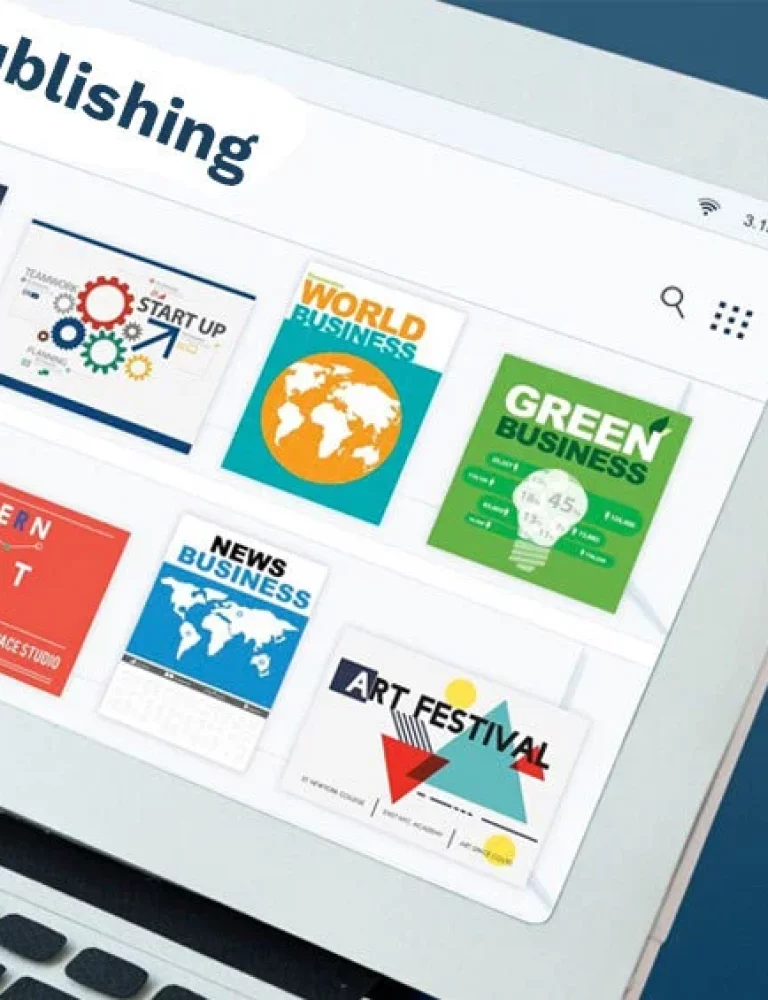“Life without a Kindle is like life without a library nearby.”
— Franz S. McLaren, Author
For those who love the smell of books or enjoy pressing the occasional wildflower within its pages, eBooks don’t appeal much. But living in the digital age, it is impossible to ignore the many benefits of eBooks. Whether it’s the convenience, lower prices, access to an endless number of books anytime, zero storage or clutter issues, etc., the list of its advantages goes on.
Many authors use eBook solutions, like KITABOO, especially for eLearning, to create interactive eBooks and their very own fully integrated eBook web store. As eBook readers are set to touch 1.1 billion by 2027, it is essential to answer the question — ‘Are eBooks more environmentally friendly?’ — especially in light of the climate crisis.
Table of Contents
II. Are eBooks More Environmentally Friendly? 5 Reasons
- eBooks Preserve the Trees
- eBooks Reduce Waste
- eBooks Reduce the Carbon Footprint
- Printing & Distribution: It Doesn’t End with Production
- eBooks Do Not Consume as Much Space
III. The Flipside
What are eBooks?
eBooks or electronic books are paper-free digital publications that can be read on computers, mobiles, or e-readers. eBooks are different from digital documents with text, as they are non-editable and undergo specific formatting. They can be in various formats like EPUB, AZW, and PDF.
Are eBooks More Environmentally Friendly? Here are the 5 Reasons!
While eBooks offer several advantages over traditional printed material, there is an ongoing debate about whether digital publishing is more environmentally sustainable than its physical form.
Here are five reasons why eBooks are considered to be more environmentally friendly:
1. eBooks Preserve the Trees
This one is obvious. We’ve all learned in school how paper comes from trees. And, rarely do we find books printed on recycled paper. But let’s dive deeper into the data – about 3.4 billion trees are felled per decade to create books!
To understand this statistic better, picture this. To begin with, there are around 390 billion trees in the Amazon rainforest. About every 100 years, we cut trees the size of the Amazon rainforest for books! The rainforest is about 6.7 million square kilometers (about the size of the entire Australian continent).
If we take an average 400-page paperback book weighing approximately 600 grams, one tree can create just under 100 books. Meanwhile, using an eBook that can host an entire library for several years renders paper unnecessary, and trees are saved.
2. eBooks Reduce Waste
Every year, more than 16,000 truckloads worth of books are wasted. 26% of trash around the world is discarded paper and paperboard. Add the academic books that students from around the world stop using after the year is over. With each sheet of paper taking about 2-6 weeks to decompose, the massive amounts of waste generated through books put pressure on the environment.
In the case of eBooks, this waste is drastically reduced. Electronic waste can also be recycled, like paper, reducing the harm caused to the environment.
Also Read: Best eBook Creation Softwares
3. eBooks Reduce the Carbon Footprint
Papermaking utilizes different natural resources.
- It is a water-intensive process where 17,000 gallons of water are used per ton of paper.
- Many chemicals are used in the process, and pollutants are released into the air and water.
- The deforestation caused by papermaking contributes to up to 4.8 billion tons of carbon dioxide annually.
- Worst yet, at the end of the publishing process, 320 million books are discarded each year in the United States without being recycled.
All of this together increases the carbon footprint of physical books. While eBooks undoubtedly leave behind their own carbon footprint, these figures cannot be ignored.
4. Printing & Distribution: It Doesn't End with Production
We spoke about how papermaking utilizes many natural resources like water, electricity, etc. Using raw materials like petroleum to produce printing ink is an added burden on the planet. The cotton threads and glue that bind the books are a few other raw materials that take more from the environment.
We must also factor in the fossil fuels required to transport these books (more than once) to make them available in bookstores or e-commerce stores. Then, they reach the readers from the stores, consuming even more fossil fuels.
In comparison, shopping from the eBook store and receiving your content directly on your device suggests a significantly lower environmental burden.
5. eBooks Do Not Consume as Much Space
Books consume a lot of space. This is a known fact. The need to keep this space clean, temperature-controlled, etc., uses various resources and energy. Rarely does a reader return to every book they have bought and reread it. They are usually stocked and stored, never to be touched again. However, eBooks utilize almost zero space without compromising on the knowledge you can access.
The Flipside
Those who argue against the question — ‘Are eBooks more environmentally friendly?’ — say:
- Agricultural residues, renewable energy, and recycled paper are quickly becoming the norm in book-making, reducing the dependency on trees.
- Manufacturing e-readers also consume natural resources like copper, lithium, cobalt, etc. About 33 pounds of minerals, 1000 kilowatt hours of fossil fuels, and 79 gallons of water are used to manufacture one e-reader.
- When used, an e-reader, in its lifetime, could consume 194 megajoules of electricity.
- Making e-readers also releases water and air pollutants, posing an environmental health risk.
It's All Down to You
While there is no consensus, the answer to the question — ‘Are eBooks more environmentally friendly?’ — is down to you. If you are an occasional reader, physical books might make for a greener choice. However, if you read frequently and buy many books, an e-reader is the better choice. A recent study found how replacing five hard-bound 360-page books with eBooks in a year could reduce the environmental impact that books can cause.
If you are an author, a business, or an institution reading this and want to create content with a positive environmental impact, contact us for more information. KITABOO is a cutting-edge platform to develop and distribute eBooks powered by insights and innovation.
You can also get a free demo to see what the solution can do.
To know more, please write to us at KITABOO@hurix.com.
Suggested Reads:
- Will e-books Replace Physical Textbooks Soon?
- How Digital Learning Platforms Help in Academic Growth of Students
- Tablets vs. Print Textbooks: What Is a Better for K12 Education?
- How to Convert PDF Files to ePUB3 Without Losing the Format?
- 10 Best Andriod ePUB Readers in 2023
- Pros and Cons of Online Reading
Discover How An Ebook Conversion, Publishing & Distribution Platform Can Help You
Kitaboo is a cloud-based content platform to create-publish & securely distribute interactive mobile-ready ebooks.
You May Also Like
-
2024’s Best Online Publishing Software Revealed
Blog,Digital Publishing,eBook solution / February 29, 2024







